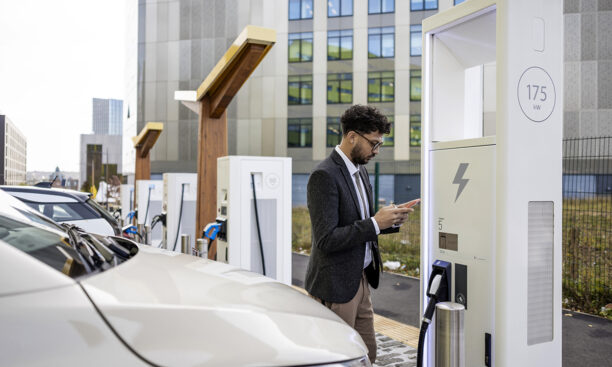How EV Adoption Affects Propane Fuel Demand

The rapid growth of electric vehicles (EVs) is changing the energy landscape in many ways, and the propane industry is not immune to these shifts. As more consumers and businesses move toward EVs, there is growing interest in how this will impact the demand for propane fuel. Propane companies may see changes in several areas, including transportation, home energy needs, and industrial applications.
Decline in Propane for Vehicle Fuel
One of the immediate effects of EV adoption is the potential decrease in demand for propane as a vehicle fuel. Some propane-powered vehicles, such as forklifts, delivery trucks, and school buses, have been popular in industries looking for cleaner alternatives to gasoline and diesel. However, with the rise of electric-powered options, some businesses may begin transitioning away from propane for transportation needs.
While propane vehicles remain an eco-friendly and cost-effective solution, especially in areas where EV infrastructure is limited, the competition from EVs is likely to impact this market over time.
Shift in Residential and Commercial Energy Use
EV adoption is also expected to influence how people use energy in their homes and businesses. As more individuals charge their electric cars at home, electricity consumption is expected to rise. This could lead to a shift in energy demand from propane to electricity for residential heating and cooking, particularly in regions where propane is commonly used. The trend might extend to commercial buildings, where businesses may increasingly focus on integrating more electric-powered systems. Propane companies may need to adapt by exploring new uses for propane beyond traditional home heating and power generation.
Industrial and Off-Grid Applications Remain Strong
Despite the rise of EVs, propane will likely continue to play a vital role in certain industrial and off-grid applications. Many industries rely on propane for processes that require high energy output, such as manufacturing, construction, and agriculture. In rural areas and regions where access to the electric grid is limited, propane remains a reliable energy source for heating, cooking, and power generation. These applications are less likely to be affected by EV adoption in the near future, providing a stable demand for propane in specific sectors.
Potential Growth in Hybrid Energy Solutions
One area where propane may find growth opportunities is in hybrid energy solutions. As businesses and consumers look to diversify their energy sources, there could be potential for propane to be used alongside electricity in certain applications. For example, propane generators can serve as backup power sources for EV charging stations in areas prone to power outages or with unreliable grid connections. This could help propane maintain relevance in a changing energy landscape, particularly in regions with limited electric infrastructure.
Long-Term Outlook for Propane Demand
The overall impact of EV adoption on propane fuel demand is complex. While there may be a reduction in propane use for vehicle fuel and home energy in some areas, propane will likely remain essential for off-grid, industrial, and backup energy applications. Propane companies may need to adjust their strategies to stay competitive in a market where electricity is increasingly favored for transportation and residential energy use. However, propane’s versatility and availability will ensure it continues to play an important role in meeting diverse energy needs.
As EV adoption grows, propane companies will face both challenges and opportunities. By monitoring emerging trends and finding ways to adapt, propane businesses can continue to thrive in a dynamic energy market.













